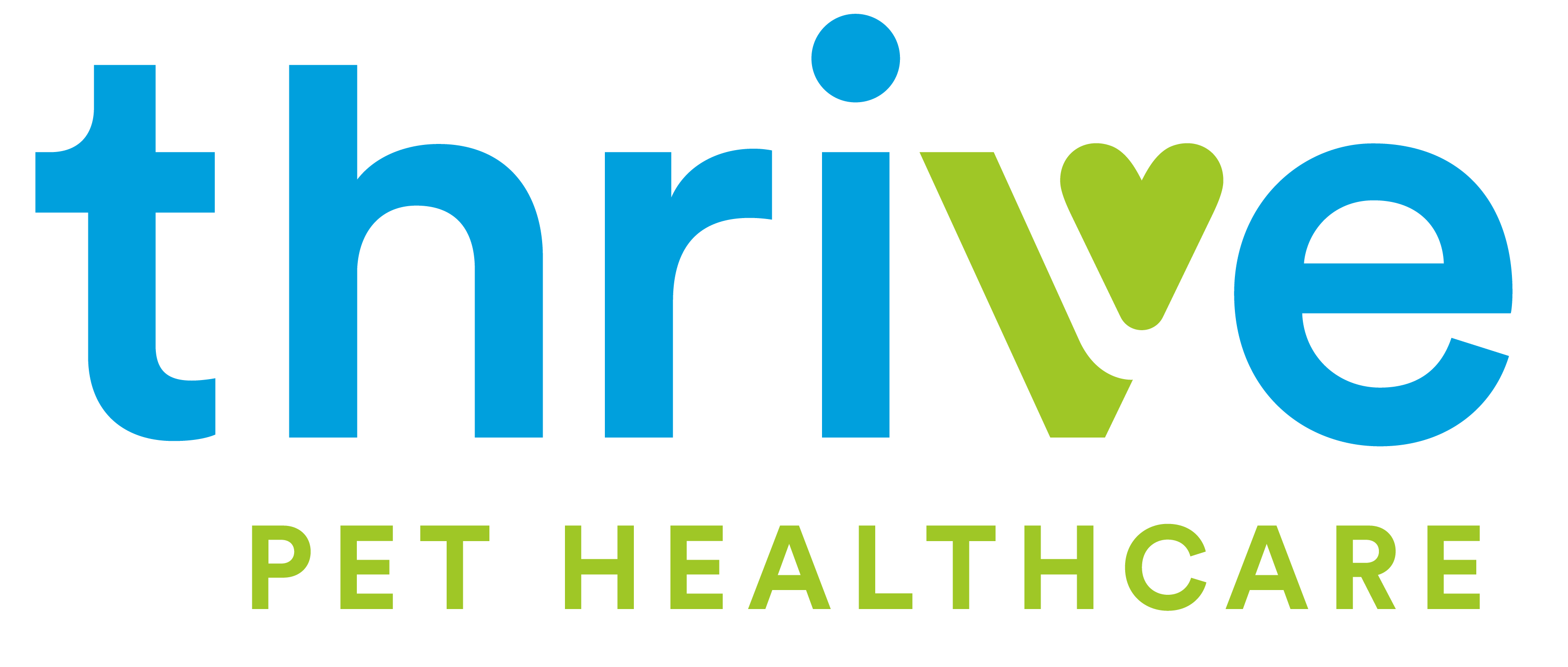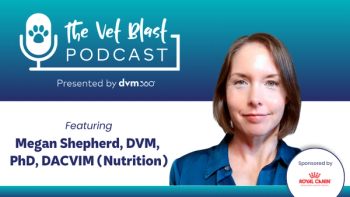
Overcoming workplace ruts

Eight ways to help you reignite your passion for veterinary medicine
Why did you choose to enter the field of veterinary medicine? Was it a calling since childhood? Did a life event compel you to dedicate your career to helping animals? Maybe a family member in the industry inspired you to follow in their footsteps. Whatever the reasons, something ignited a passion in you to pursue a career in this field. For me, entering a job where I could make a difference in the lives of animals was non-negotiable.
I remember when I received my first position at a veterinary clinic as an entry-level veterinary assistant. I was thrilled, eager, and curious, but also nervous and even terrified at times because everything was new and overwhelming. Tasks I thought would be simple, like cleaning a kennel, came with a complexity of rules and protocols. Senior technicians would redirect my attempts to be useful because I lacked the training and trust to execute tasks correctly. Becoming a veterinary technician, a role I aspired to where I could assist veterinarians and manage cases, felt like a distant dream.
Fast-forward a couple of decades, and the picture changed. The mystery disappeared. I had become a certified veterinary technician, and everything that once seemed like a riddle was now clear. Medical language, protocols, and procedures were no longer enigmatic. Veterinarians consistently relied on me, and I had caseloads to manage, treatment plans to follow, and patients to care for. The job became routine, and any signs of the initial excitement and nervousness had disappeared.
Somewhere along the way, without my conscious awareness, an unexpected sense of complacency settled in. Preparing for the next day’s schedule felt transactional, not exciting. Procedures in the morning, appointments in the afternoon, and soon my tasks became routine. Our hospital was established and predictable, and so was I. I felt settled.
I used to take considerable pride in talking about my work in the veterinary industry when I was new to it. However, as time passed, I became reluctant to reveal my profession to avoid people asking me questions about their pets’ health, which inevitably resulted in conflict because I would always refer them back to their primary care provider.
While in the midst of complacency, I stumbled upon an opportunity to attend a seminar on emotional intelligence. I had always been interested in learning more about the science of the mind, so I enrolled in the course. What I learned intrigued me, especially the idea that applying these principles in my daily work could have positive effects on both me and those around me. I began to notice thought and behavior patterns in myself that I was not proud of, leading me to adjust my interactions with clients, team members, and my work. To my surprise, I saw improvements not only in my own disposition but also in how others responded to me.
Inspired, I reevaluated my attitude toward my job with this newfound perspective, identifying areas where I excelled and those where I fell short. I enjoyed writing, so I took on improving our discharge instructions. I also found satisfaction in caring for instruments, so I took on managing our surgical instrument packs. The more I sought positive and valuable opportunities, the more I discovered. While not every idea was operationally feasible, I enjoyed the hunt for innovative solutions and felt like I was contributing to a larger purpose. As I took small steps internally, I observed positive external changes, lifting me out of complacency and reigniting my passion. My workday quality improved, and new career opportunities began to emerge.
Our industry has faced many challenges. Like many of us, I experienced physical and mental exhaustion, self-doubt, imposter syndrome, anxiety, and burnout. My turning point was when I delved into my internal compass and rediscovered my “why” at my core, reigniting my spark.
In retrospect, I have gained valuable insights from my experience, which include the following lessons:
- Reconnect with your initial motivation: Revisit why you chose the veterinary field and see if those reasons still resonate with you today. Find your personal “why” and align it with your hospital’s core values.
- Rediscover your hospital: Approach your workplace as if you were there for the first time. Identify areas where you can make a positive impact and discuss your ideas with your manager. Submit a proposal for projects you are passionate about and that align with the hospital’s goals.
- Use available resources: Take advantage of the wealth of resources available, such as leadership training, sponsorship programs, mental health support, and more. I am fortunate to be a part of Thrive Pet Healthcare, which provides resources to help team members grow personally and professionally.
- Face challenges: Confront tasks you dislike and explore ways to make them more manageable. Discuss your concerns with colleagues and collaborate on solutions to improve your comfort level.
- Rekindle your passion: Recall moments when you felt excited about your job and explore opportunities to recreate those experiences.
- Find a mentor: Identify a trustworthy person in a leadership role to mentor you, offering valuable insights and guidance that will help you grow as a person and as a professional.
- Communicate effectively: Have honest and respectful conversations with individuals in positions of authority to identify opportunities that benefit both you and the hospital.
- Support your team: If your hospital wins, you win! Contribute to fostering a strong, culturally sound, and ethical workplace.
We work in an honorable profession, driven by a deep-seated desire to make a difference, to alleviate suffering, and to enhance the well-being of pets and the people who love them. We do good in this world. This, in itself, is an important, meaningful, and profoundly worthy cause for celebration.
Caroline Massard, CVT, serves as the Medical Excellence and Education Program Manager at Thrive Pet Healthcare. Her journey started working as a zookeeper and later in wildlife rehabilitation, subsequently leading her into the veterinary industry. Within this field, she has worked across equine and small animal medicine, including general practice, specialty, and emergency medicine. Caroline also dedicates her time to the advisory committee for the Veterinary Technology program at Central Oregon Community College.
Beyond her professional pursuits, Caroline finds joy in activities like hiking, running, and camping in the Pacific Northwest. She possesses a deep passion for travel and is an avid scuba diver and underwater photographer.
Newsletter
From exam room tips to practice management insights, get trusted veterinary news delivered straight to your inbox—subscribe to dvm360.






